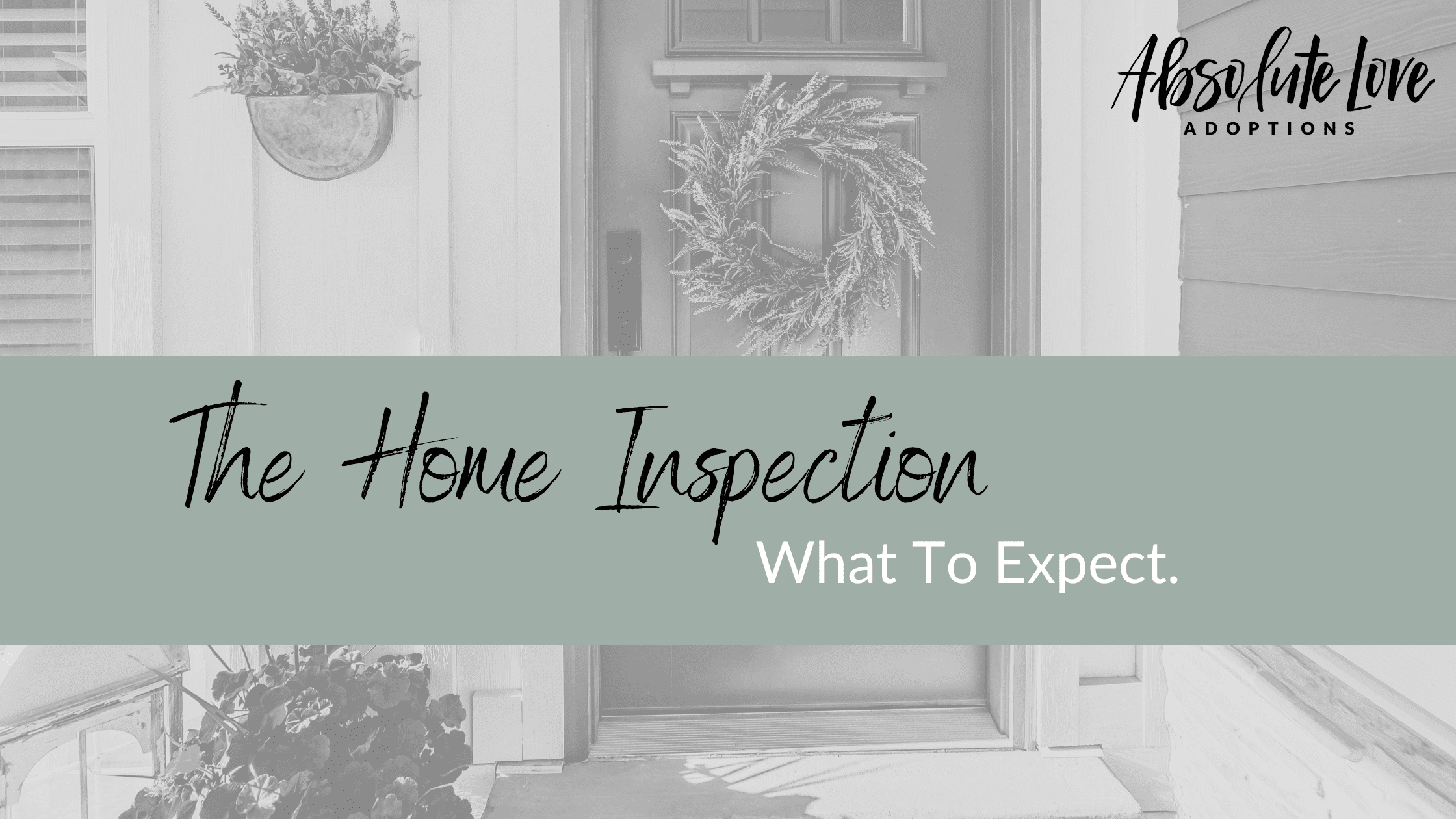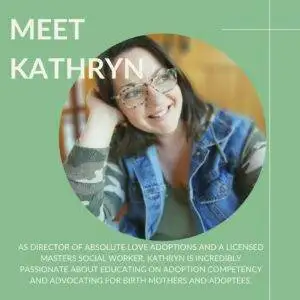If you are adopting, the first step is to get a home study. This is an assessment done by a licensed provider in your state of residence that verifies your suitability to adopt a child.
This Home Study consists of a whole lot of verification of documents (see our blog on the checklist here), several interviews and an inspection of your home. This visit to your home is known as the “Home Inspection”, “Home Visit” or something similar.
Each agency has their own routine and process around the home study and inspection, but there are some general expectations for the process that can help you prepare.
The Purpose of A Home Visit:
The visit to your home is important for several reasons.
FIRST, it allows an adoption social worker to meet you in person in your natural habitat. A home tells us a lot about a person. While visiting your home we can pick up on your decor style, the people and items that are important to you, and the hobbies and interests you have. This allows us to develop a deeper context around what we obtain from the required documentation and in your interviews.
SECOND, it allows us to ensure that you are real. Nowadays, many interviews are being done remotely. Seeing you in person verifies that you are real!
THIRD, it gives us an opportunity to ensure that a child can physically fit in your home would be safe.
How long is the visit?
The visit lasts about 30 minutes to an hour, depending on the size of your home.
The worker asks you to give them a tour, showing them all of the nooks and crannies. We ask you to tell us about your home and how you use the space, and we take notes as we go (we write down everything, not just bad stuff so don’t be nervous!). Our notes are compiled into the “HOME AND COMMUNITY” section of your home study report, so we try to obtain as much detail as we can to include in our narrative later.
Cleanliness: We want to see a home that is free from excessive clutter. We want to see that you maintain your home and take care of your space. We are not looking for dust on baseboards or polished silverware so don’t go nuts cleaning the space. Particularly if you have pets or are parenting other children, we know that homes are meant to be lived in!
Neighborhood: We want to ensure that a child in your home will have a safe neighborhood in which to live. We would be concerned if you live in a neighborhood with high levels of violent crime.
We want children to have access to resources that enhance their lives, particularly if you are being approved for a child with special needs. Your proximity to hospital and educational resources will be considered.
Bedroom: While we don’t expect you to have a nursery set up, we want to see that you have a designated space for a child. Perhaps it is currently being used for another reason (guest room or office), but you have plans to convert the space when needed. There are no regulations around bedroom specifications for children adopted privately in PA, but we want to see a bedroom that is an adequate size (not an actual closet!) and that is has a window, heating vent and closet.
Safety:
We do not expect you to have your home safety proofed during our visit, especially if there are no other children living in your home. We will point out potential hazards as we tour and ask your plan for making them safe from children. We will ask you to tell us how you intend to child proof things like cabinets, stairs and household cleaning supplies.
We will suggest things as we see them, for example if your tvs are on furniture and not mounted, we will suggest you mount them once a child is in the home.
We will discuss safety recommendations for things like ponds/pools/hot tubs, fireplaces/hearths, doors, staircases and more.
Medicine and cleaning products should be stored out of reach of children.
If you are not sure what babyproofing looks like, please visit this website for more.
–> More Info: BBM – Baby-Proofing 101: A Complete Guide to Childproofing Your Home (babybymonth.com)
Fire Safety:
We are looking for fire extinguishers in the kitchen and ideally one on each level of living. We want to see smoke detectors and we ask that they are checked before our visit to ensure they are functioning. There should be at least one on each level of living and are required to be outside of the bedrooms. Some agencies may ask you for a fire escape plan to be included in your file.
We ask to see a carbon monoxide detector. Often they are integral in the smoke detectors, but if not, get one and plug near a gas appliance.
We recommended a fire escape ladder on the second story.
Firearm Storage: There are no laws in Pennsylvania requiring guns to be stored in a particular way. However, in homes where children reside, there are safe standard recommendations are that weapons be stored in a locked cabinet, that ammunition is stored separately and the keys to the locks are stored in a safe place that only the gun owner is aware of and has access to.
Summary / Breakdown
Typically 30–60 minutes, depending on the size of your home.
They note how you use each space, check general cleanliness (not perfection), and ensure there’s room for a child.
Fire alarms, extinguishers on each level, child‑proofing plans, medicine/cleaners stored safely, plans for stairs, pools, fireplaces, etc.
You don’t need a nursery set up, but a bedroom-sized room with a window, heat, and closet (even a guest/office) needs to be ready for conversion.
No—they understand homes are lived-in. They’ll suggest improvements as needed and note helpful items like smoke detectors.





